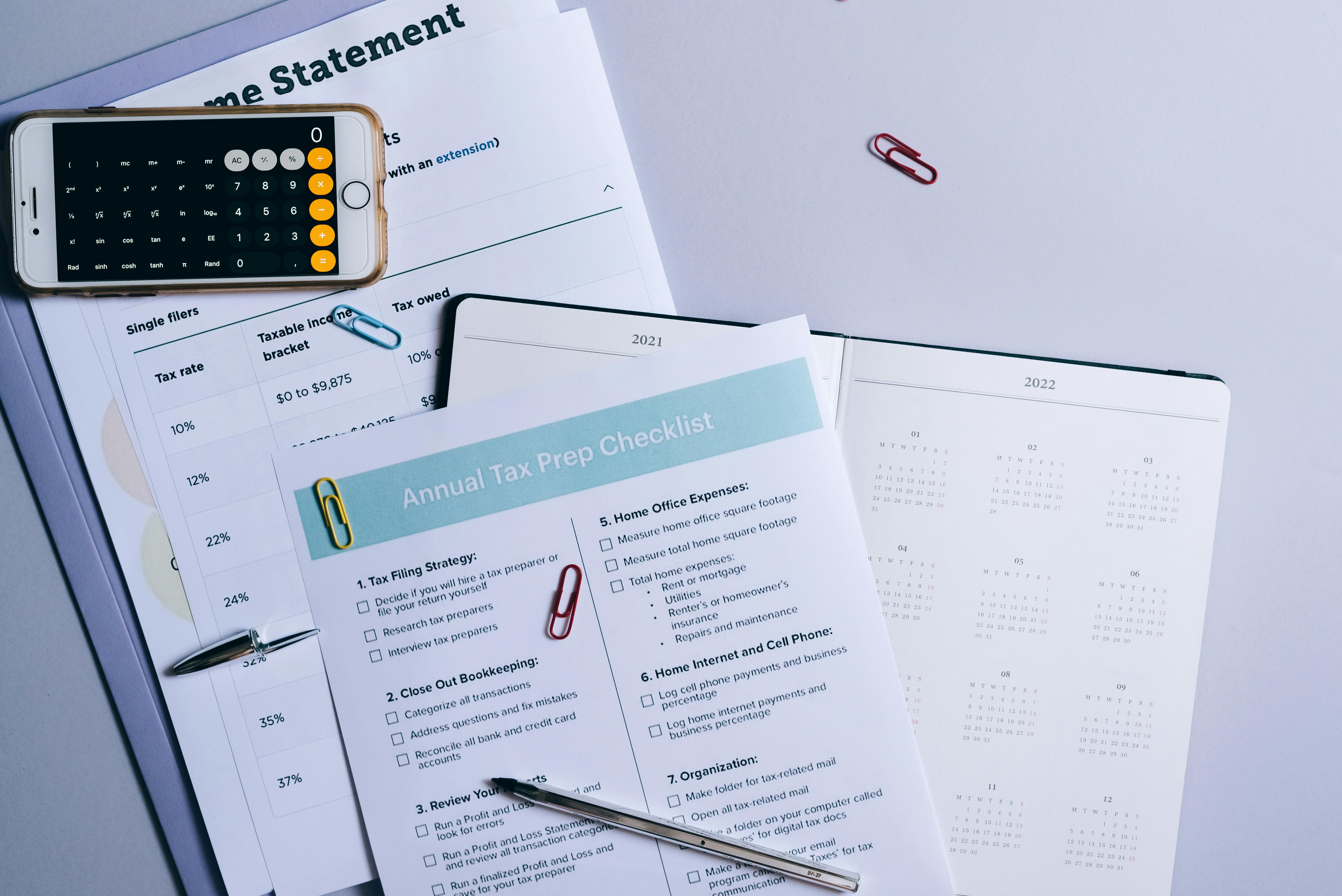FBAR Penalties: Everything You Need to Know

Introduction
U.S. persons with foreign bank accounts or other financial interests abroad are required to file a Foreign Bank Account Report (FBAR) if their aggregate value exceeds $10,000 at any point during the calendar year. While the filing itself may seem straightforward, failing to comply with FBAR requirements can lead to steep penalties. This article explains the types of FBAR penalties, how they're assessed, and what taxpayers should do to stay compliant.
Who Must File an FBAR?
Any U.S. person (including citizens, residents, corporations, partnerships, and trusts) must file an FBAR if:
- They have a financial interest in or signature authority over one or more foreign financial accounts
- The total value of all such accounts exceeds $10,000 at any time during the year
The FBAR must be filed electronically with the Financial Crimes Enforcement Network (FinCEN) using FinCEN Form 114, separate from the federal income tax return.
Types of FBAR Penalties
The IRS imposes two categories of FBAR penalties: non-willful and willful, based on the taxpayer’s intent and conduct.
Non-Willful Penalty
- Applies when a taxpayer fails to file the FBAR due to negligence or misunderstanding of the law
- Penalty: up to $10,000 per violation (adjusted for inflation; the 2025 limit is approximately $16,000)
- Can be reduced or waived if reasonable cause is demonstrated
Willful Penalty
- Applies when the taxpayer knowingly or recklessly ignores the FBAR filing requirement
- Penalty: the greater of $100,000 or 50% of the balance in the foreign account at the time of the violation
- Can be imposed annually for each year of non-compliance
- May result in criminal charges, including fines and imprisonment
Key Factors in Determining Willfulness
The IRS considers the following when evaluating willfulness:
- Whether the taxpayer previously filed FBARs or answered “no” to foreign account questions on their tax return
- Efforts taken to understand and comply with FBAR rules
- Evidence of concealment, such as using nominees or structuring transactions
- Whether foreign account statements were kept hidden from tax preparers
Mitigating FBAR Penalties
Taxpayers who believe they may be non-compliant have several options to correct their filings before facing enforcement actions:
- Delinquent FBAR Submission Procedures: For those who failed to file but owe no tax and have reasonable cause
- Streamlined Filing Compliance Procedures: For non-willful taxpayers who need to correct past omissions while minimizing penalties
- Voluntary Disclosure Practice (VDP): For willful taxpayers seeking to avoid criminal prosecution by fully cooperating with the IRS
Statute of Limitations
Generally, the IRS has six years to assess FBAR penalties from the date the FBAR was due. This timeline can be extended in some cases, especially if there’s fraud involved or the taxpayer agrees to an extension.
Criminal Penalties
In cases of egregious willful violations, criminal charges may include:
- Up to $250,000 in fines
- Up to five years of imprisonment
- If the violation is part of a pattern of illegal activity, fines may rise to $500,000 with a ten-year prison term
Avoiding FBAR Pitfalls
To ensure compliance:
- Track the maximum balances in all foreign accounts
- Disclose all reportable accounts even if they earn no interest
- Work with a tax advisor familiar with FBAR and international reporting
- Answer foreign account questions truthfully on Form 1040, Schedule B
Conclusion
FBAR penalties can be severe, especially when violations are deemed willful. U.S. taxpayers with foreign financial accounts must take their reporting obligations seriously to avoid costly consequences. Timely filing, accurate reporting, and proactive compliance strategies are key to mitigating the risk of penalties.
This article is written for educational purposes.
Should you have any inquiries, please do not hesitate to contact us at (905) 836-8755, via email at info@taxpartners.ca, or by visiting our website at www.taxpartners.ca.
Tax Partners has been operational since 1981 and is recognized as one of the leading tax and accounting firms in North America. Contact us today for a FREE initial consultation appointment.